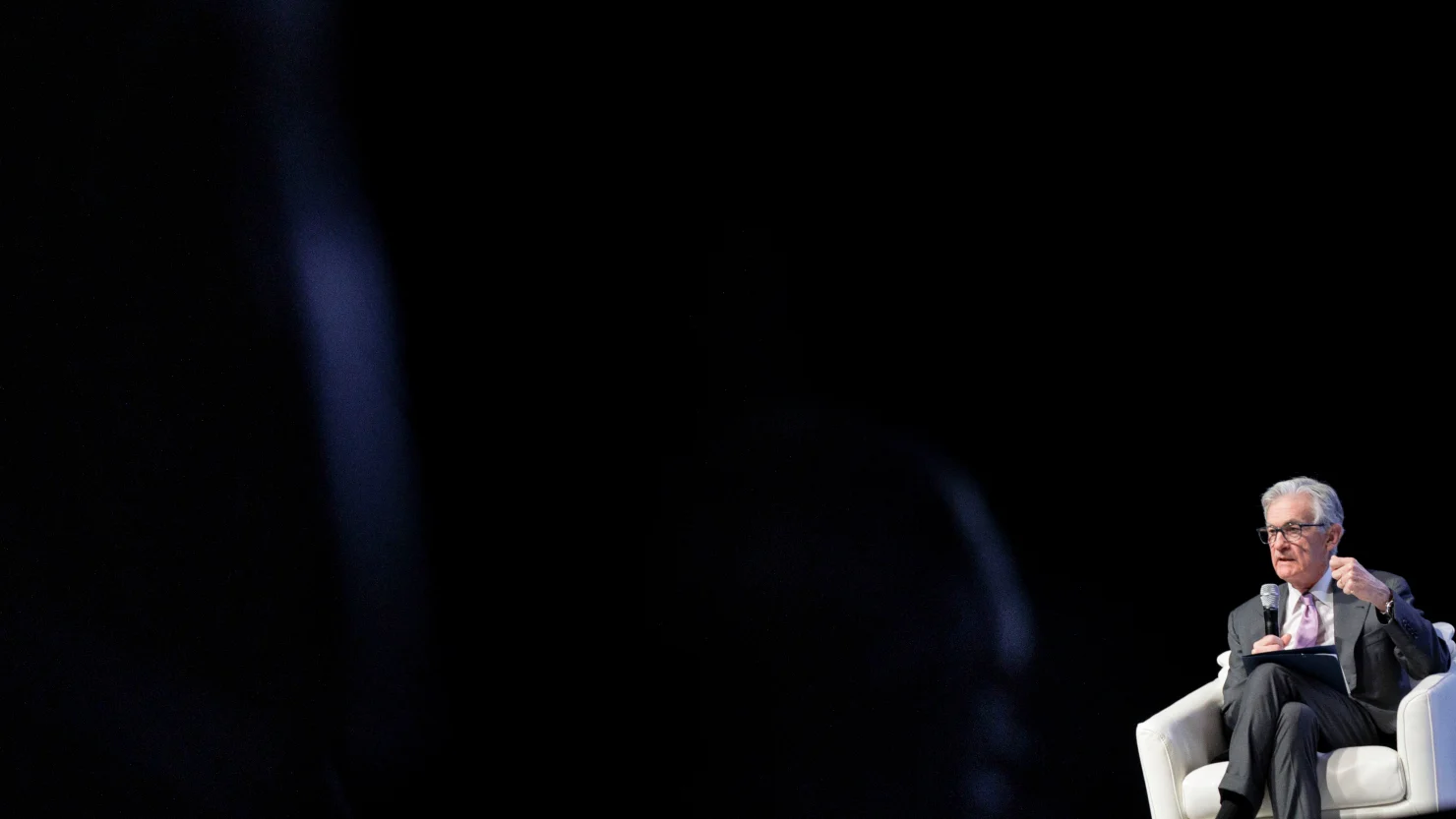South Korea is increasing its efforts to combat a troubling rise in deepfake pornography, which has recently surged on social media platforms, the Guardian reports.
President Yoon Suk Yeol has directed a vigorous crackdown on digital sex crimes targeting women and girls, following revelations of widespread abuse involving doctored images and videos.
The president’s call for action comes in response to the alarming use of the Telegram messaging app to create and distribute fake, sexually explicit content. Reports indicate that a single Telegram channel has amassed around 220,000 members who are involved in generating and sharing these deepfake images. The situation has been exacerbated by the fact that many of the victims and perpetrators are minors.
Yoon’s administration has announced a seven-month campaign to target those who create and disseminate such materials, which will begin on Wednesday. The police will concentrate their efforts on individuals who exploit children and teenagers. This initiative aims to address the growing trend of deepfake pornography, which has emerged as a major concern following previous issues with secretly filmed sexual content known as “molka.”
According to South Korea’s police agency, there were 297 reports of deepfake sexual crimes in the first seven months of this year, nearly doubling the number reported in 2021. Among the 178 people charged thus far, 113 are teenagers. However, the true scope of the problem may be larger than official statistics indicate.
The deepfake content has affected a wide range of people, including university students, teachers, and military personnel. Notably, images of female soldiers in uniform have been used to create explicit content, causing further outrage.
The Korean Teachers and Education Workers Union has reported incidents involving schoolchildren and urged the education ministry to conduct further investigations. This situation is expected to tarnish Telegram’s reputation in South Korea, where the app was previously linked to a major online sexual blackmail case.
Individuals convicted of creating and distributing sexually explicit deepfakes face up to five years in prison or a fine of 50 million won (approximately $37,500).









